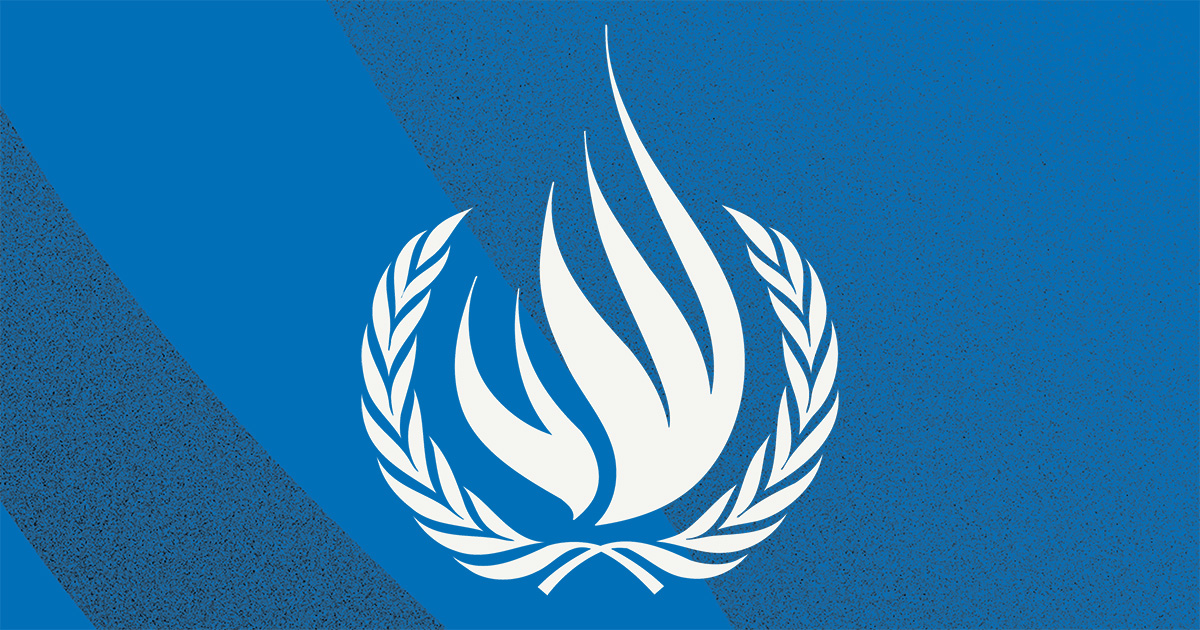
GENEVA – Independent rights experts* and international and regional expert mechanisms on ending discrimination and gender-based violence against women and girls said the National Assembly of The Gambia’s rejection of a bill seeking to lift the ban on female genital mutilation (FGM) has avoided a dangerous precedent undermining a range of women’s rights.
“The vote is a testament to the determination and tenacity of Gambian women and girls, women civil society organisations and their allies, who have spared no effort to ensure that the ban on FGM is upheld and with it, the right of women and girls in The Gambia to live a life that is free from gender-based violence,” international and regional experts said in a statement.
“We salute the strong message that The Gambia and Gambian society has passed to the international community that women and girls have an unequivocal right not to be subjected to FGM under any circumstances, in line with The Gambia’s obligations under international human rights law.”
They said overturning the law would have created a dangerous precedent rolling back on women’s rights to life, health, safety, physical integrity, bodily autonomy, privacy, dignity and freedom from gender-based violence and torture, and its impact would have been felt beyond The Gambia.
*The experts: Reem Alsalem, Special Rapporteur on violence against women and girls, its causes and consequences; Dorothy Estrada Tanck (Chair), Laura Nyirinkindi (Vice-Chair), Claudia Flores, Ivana Krstić, and Haina Lu, Working group on discrimination against women and girls; Mama Fatima Singhateh, Special Rapporteur on the sale, sexual exploitation and sexual abuse of children; Alice Jill Edwards, Special Rapporteur on Torture and other Cruel, Inhuman or Degrading Treatment or Punishment; Ana Peláez Narváez (Chair), Committee on the Elimination of Discrimination against Women; Janet Ramatoulie Sallah-Njie, Special Rapporteur on the Rights of Women in Africa of the African Commission on Human and Peoples’ Rights.
The Special Rapporteurs, Independent Experts and Working Groups are part of what is known as the Special Procedures of the Human Rights Council. Special Procedures, the largest body of independent experts in the UN Human Rights system, is the general name of the Council’s independent fact-finding and monitoring mechanisms that address either specific country situations or thematic issues in all parts of the world. Special Procedures’ experts work on a voluntary basis; they are not UN staff and do not receive a salary for their work. They are independent from any government or organization and serve in their individual capacity.
Some of the experts listed are members of the Platform of Independent Expert Mechanisms on Discrimination and Violence against Women (EDVAW Platform), which gathers seven UN and regional independent expert mechanisms dedicated to addressing discrimination and violence against women and girls, promoting accountability, and advancing women’s and girls’ rights at the international and regional levels. The Platform aims to strengthen institutional links and thematic co-operation between the mechanisms with a view to developing harmonised strategies and undertaking joint action. By enhancing collaboration, its goal is to improve the implementation of the existing international and regional legal and policy frameworks developed to end discrimination and violence against women and to make these mechanisms more visible and accessible to all.
UN Human Rights, country page – https://www.ohchr.org/en/countries/gambia
For inquiries and media requests, please contact: hrc-sr-vaw@un.org.
For media inquiries related to other UN independent experts please contact Dharisha Indraguptha (dharisha.indraguptha@un.org) or John Newland (john.newland@un.org).
Follow news related to the UN’s independent human rights experts on Twitter: @UN_SPExperts.








